On September 15, Argentine President Javier Milei presented the draft 2025 budget to Congress , emphasizing the goal of eliminating the country's long-standing financial deficit.
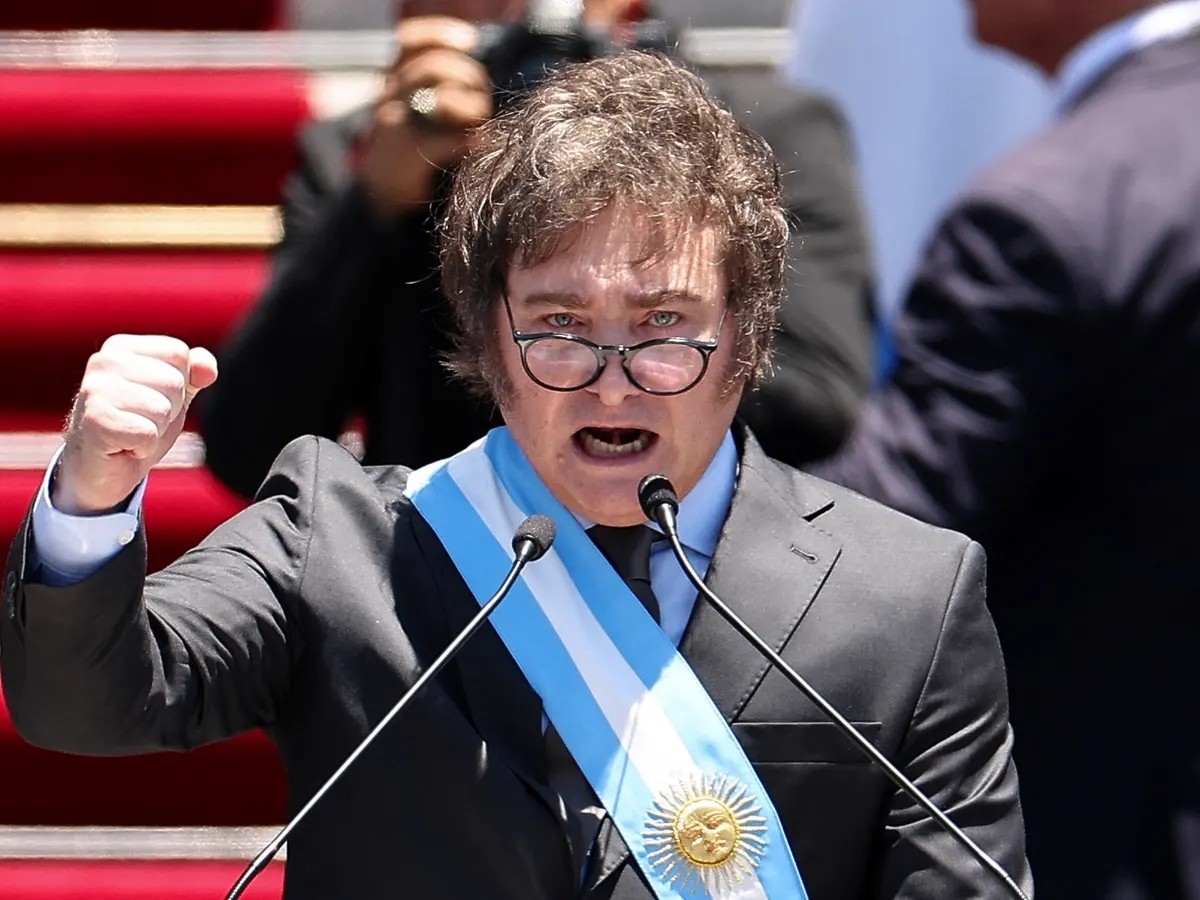 |
| During the nine months that Argentine President Javier Milei has been in power, the government has implemented drastic financial cuts. (Source: The Guardian) |
This is the first time Mr Milei has presented a budget himself instead of handing it to the Economy Minister, in a show of determination to control spending and a promise to veto any proposal that threatens his strict fiscal policy.
The Argentine president’s budget proposal follows a week of political conflict in Congress, with Milei criticizing the country’s history of economic mismanagement and emphasizing the principle of “no deficit.” Opposition parties have pushed through legislation to increase wages and pensions to cushion citizens from austerity measures, but Milei has stood firm in his defense of his harsh fiscal policies.
“The basis of the budget is the first macroeconomic truth, which has been ignored for many years in Argentina, which is no deficit,” President Milei told lawmakers, stressing that fiscal management must focus on “cleaning up the balance sheet” and dealing with the “debt bomb” left by the previous government.
In the nine months since President Javier Milei took office, the government has implemented drastic cuts, from reducing financial transfers to provinces, eliminating energy and transport subsidies, to keeping salaries and pensions stable despite soaring inflation. These measures have helped Buenos Aires post its first fiscal surplus of 0.4% of GDP in nearly two decades, but have also pushed nearly 60% of the population into poverty, up sharply from 44% at the end of last year.
The pension battle culminated when President Milei vetoed a bill to increase social security spending, sending thousands of pensioners, who had lost more than half their purchasing power due to inflation, into the streets to protest and confront police.
The opposition-controlled parliament rejected a plan to increase intelligence spending by more than $100 million and passed a bill to increase spending on public universities, despite a veto threat from the president.
Despite pledging to increase defense spending from 0.5% to 2.1% of GDP, Mr. Milei has been harshly criticized for cuts that have severely affected health and education. The president's strict fiscal policies have angered lawmakers, many of whom say he favors confrontation over cooperation.
Mr. Javier Milei continues to warn that fiscal shock therapy is not easy, but the Buenos Aires government believes that monthly inflation is gradually cooling, from a peak of 26% in December last year to 4%. The government hopes that the 2025 budget will bring annual inflation down to 18% and achieve economic growth of 5%.
However, the future of President Javier Milei and his austerity policies depends heavily on agreement with Congress, where political clashes are ongoing and will determine his ability to implement his ambitious reform measures.
Source: https://baoquocte.vn/tong-ng-thong-argentina-xu-ly-bom-no-bang-lieu-phap-soc-286521.html





![[Photo] National Assembly Chairman Tran Thanh Man attends the VinFuture 2025 Award Ceremony](/_next/image?url=https%3A%2F%2Fvphoto.vietnam.vn%2Fthumb%2F1200x675%2Fvietnam%2Fresource%2FIMAGE%2F2025%2F12%2F05%2F1764951162416_2628509768338816493-6995-jpg.webp&w=3840&q=75)

![[Photo] 60th Anniversary of the Founding of the Vietnam Association of Photographic Artists](/_next/image?url=https%3A%2F%2Fvphoto.vietnam.vn%2Fthumb%2F1200x675%2Fvietnam%2Fresource%2FIMAGE%2F2025%2F12%2F05%2F1764935864512_a1-bnd-0841-9740-jpg.webp&w=3840&q=75)




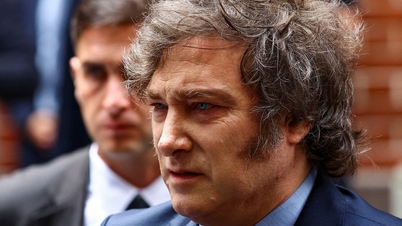





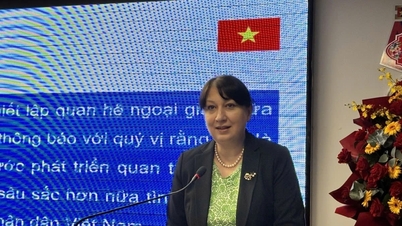


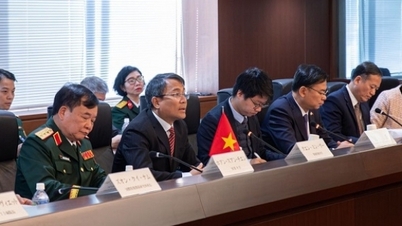
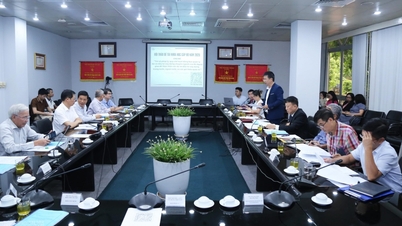

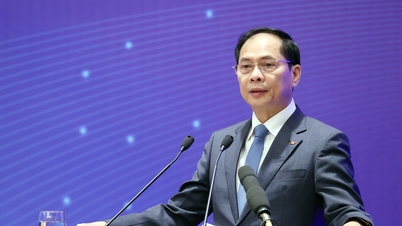







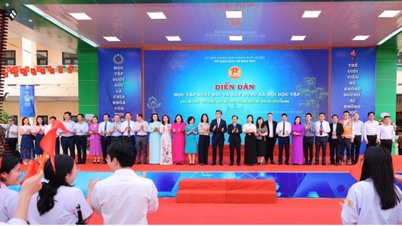
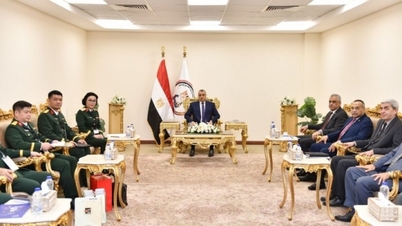
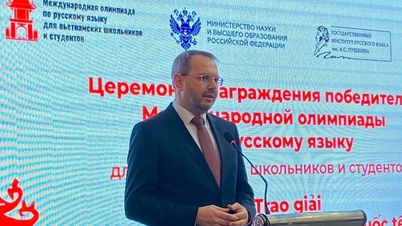
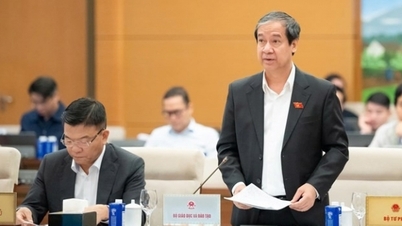









































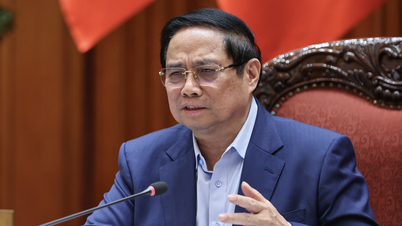
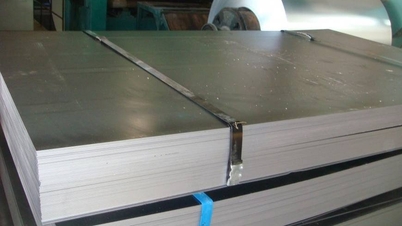




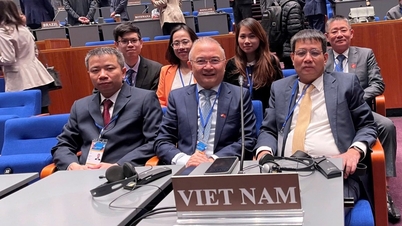
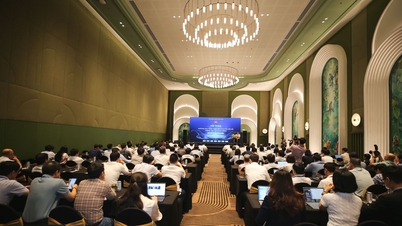






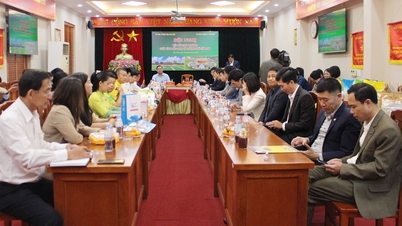





















Comment (0)